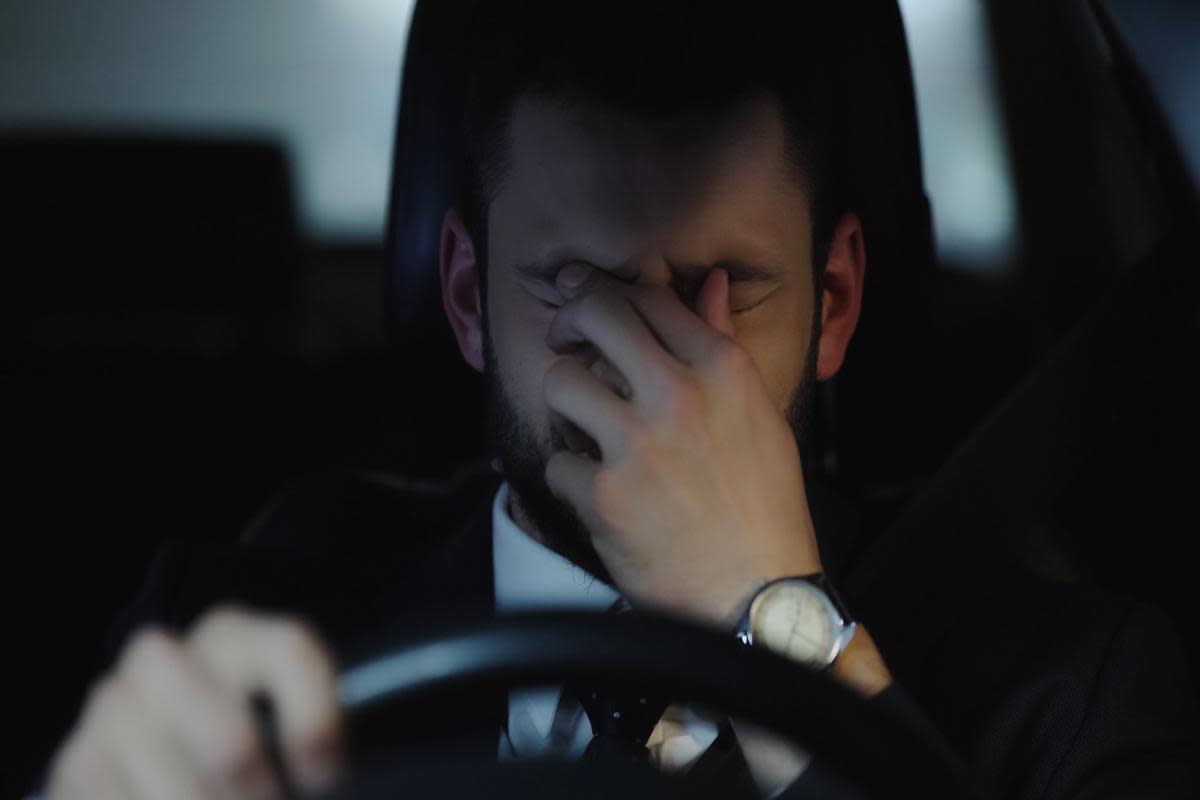Motoring: Why rest is essential if you are driving long-distances

TIREDNESS at the wheel is a contributory factor in up to a quarter of fatal and serious crashes, according to the Royal Society for the Prevention of Accidents (RoSPA).
This Bank Holiday weekend, the breakdown and road safety organisation GEM Motoring Assist is warning drivers to take sufficient rest periods if travelling far.
GEM road safety advisor James Luckhurst said: “A fatigue-related crash is around 50 per cent more likely to result in death or serious injury, because a driver who has fallen asleep will be unable to reduce speed or change direction to avoid a collision.
“No one simply falls asleep without passing through various stages of tiredness and distraction – all of them are easy to recognise.
“You will experience difficulty focussing on the driving task, you may fidget, yawn constantly and rub your eyes frequently.
“When more serious levels of fatigue set in, you may find your thoughts constantly wandering away from driving, you may drift to the left or right, you may be slowing down without realising and you’ll suddenly find you cannot recall anything that happened in the past few minutes.
“At this stage your driving performance is seriously impaired, and it’s vital that you stop somewhere safe as soon as possible.
“A power nap and/or a caffeine-based drink can provide a short-term fix, but they should never be used as an acceptable substitute for proper rest.”
GEM advises drivers should avoid driving at times they would normally be in bed, and not consume heavy meals during journeys, especially at lunchtime, as they can cause sleepiness in the afternoon.
On long journeys drivers should take a break of at least 15 minutes every two hours or 100 miles. It is important to get out the car and do some exercise, such as stretching or walking.

 Yahoo News
Yahoo News 
